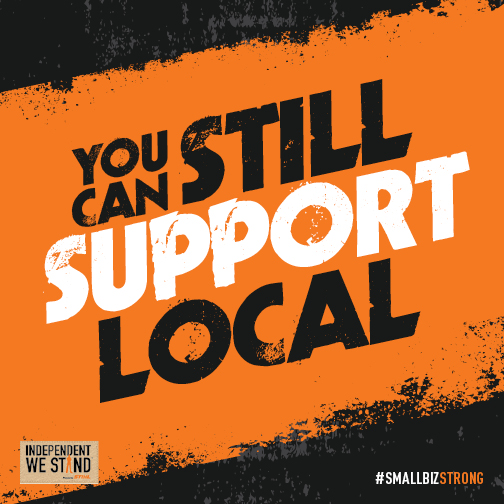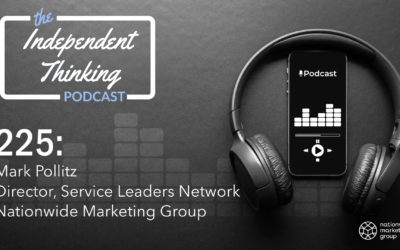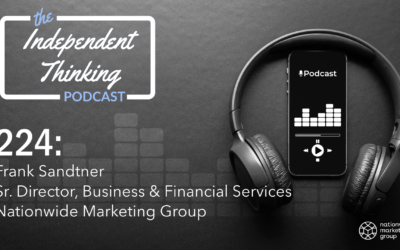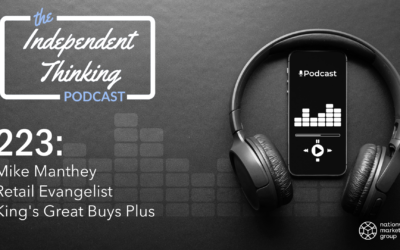This year has brought unprecedented challenges to Independent businesses. At the same time, it has also inspired a renewed enthusiasm among consumers and lawmakers for supporting small businesses. Through stay-at-home orders and supply chain interruptions, the coronavirus crisis has shown Americans the massive void that’s left when Independent businesses can’t do their part in the community.
As response turns to reflection, here are five valuable lessons that Independents retailers can take from the pandemic about their place in the market and how to preserve it.
1. There’s Strength in Numbers
Independent businesses are stronger when they work together. In addition to federal and state aid programs, many Main Street organizations have helped connect their members with local resources. These groups host informative webinars, organize local promotional campaigns, and connect businesses to community banks and credit unions.
2. Plan Ahead
Strategic planning is one of those important tasks that can easily fall by the wayside during a busy season. While planning for a crisis as unlikely and unpredictable as a global pandemic might be impossible, developing a generic crisis management plan for your business can help it weather any storm that comes next. To get started, think about who in your organization is essential in a crisis and how you will effectively communicate updates to staff.
3. Adaptability Sets Independents Apart
Changing times demand changing business practices — and Independent businesses are in the best position to adapt. As you rebuild and prepare for future crises, keep your thumb on the pulse of the community to respond quickly to local needs. Whether you serve customers curbside or stock up on essential inventory, this flexibility can keep you ahead of the competition.
4. Relationships Matter
Will your customers remember your business after a crisis? Chances are, the answer depends on their relationship with the business and their experience in the store. Rebuild the relationship with your customers by welcoming them back in a memorable way. An in-store demo day, a generous return policy or a warm greeting can go a long way.
5. Stay Social
Speaking of relationships, keep your customers close during the downturn by engaging with them on social media. When customers can’t come to the store, these online connections are crucial to keeping your business top of mind. When you post, remember to make it a two-way conversation so customers have an opportunity to participate. Ask for feedback, respond to comments and share photos with permission. To get started, follow Independent We Stand on Facebook, Twitter and Instagram for indie-themed graphics and conversation starters to share with your network.
Independent We Stand is here to support your business as it continues the fight or reopens from a shutdown. Visit www.independentwestand.org for marketing materials, social media content and other promotional resources, all free to you as a Member of Nationwide Marketing Group.




